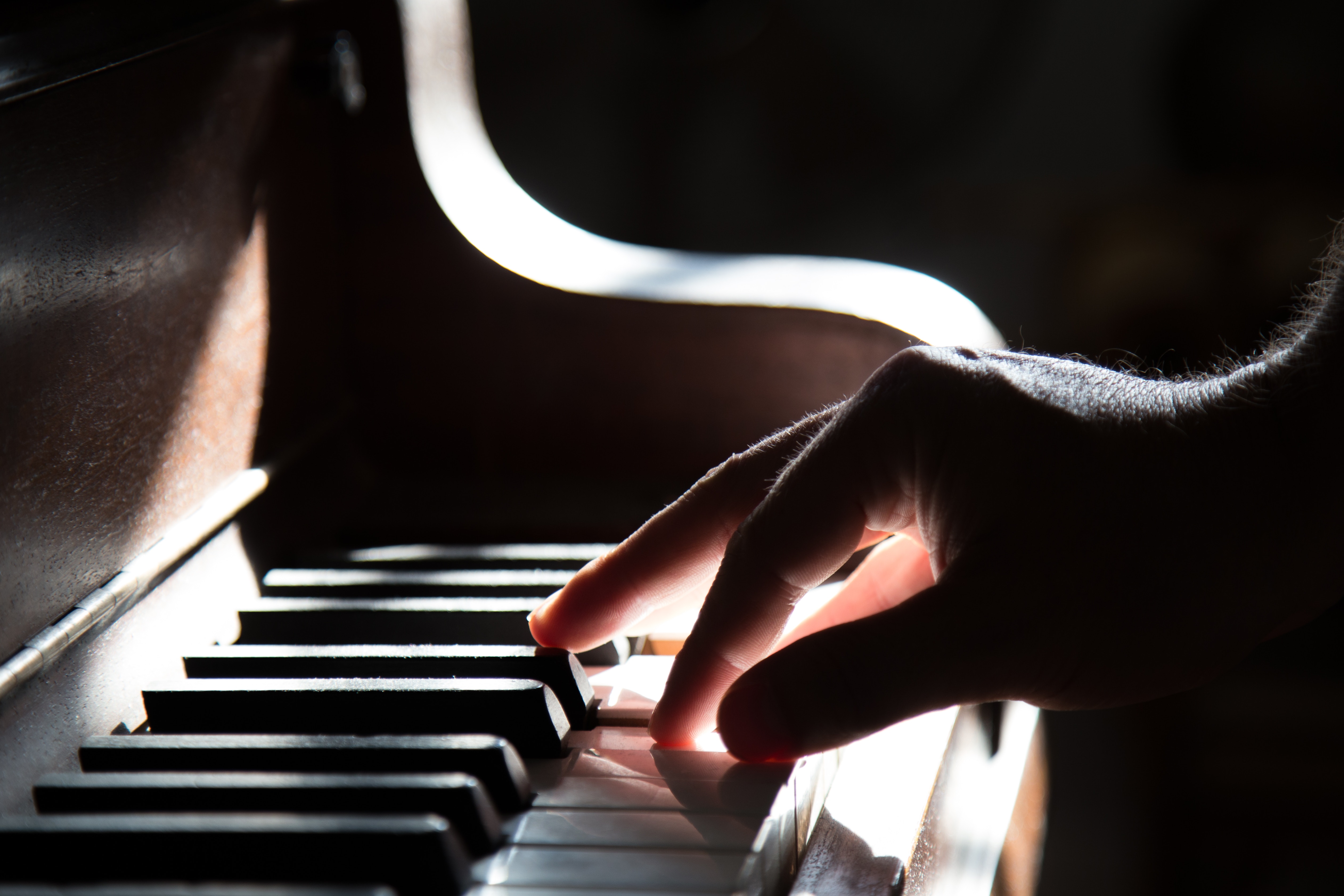In his book, This is Your Brain on Music, Daniel Levitin, cognitive psychologist, neuroscientist, writer, musician, and record producer, tells a story of his friend, Joe Ferguson… a fiercely intelligent, funny, and rather shy guy who lived in Lesotho, Africa, among the Sotho people, while working on his Ph.D. in anthropology.
As the Sotho came to trust this strange outsider, they began to include him in their rituals. And music was one of the rituals deeply embedded in their culture and everyday life.
When Joe was inivited to sing with them, his response, “I don’t sing”, landed strangely. For the Sotho, this was exceedingly odd and may well have been equated with “I don’t eat” as singing and music for these people was as linked to life and health as eating was.
Music is life
Music is woven into the very fabric of our lives and has been part of our culture since as far back as research can take us. Bone flutes made of mammoth ivory date back 40,000 years. We sing in the shower. We belt out songs in the privacy of our car. We celebrate virtually every event with music. We are joined together in the music and rhythm of choruses and bands – especially during the holiday season.
Aristotle considered music therapeutic. Plato suggested using it to treat depression. But only in recent years has music come under scientific scrutiny to examine its impact on the human brain – with some rather intriguing findings.
What the New Research Indicates
- Music can alter our brain chemistry and the production of immune compounds to support a strong immune system.
- Music affects mood, heart rate, and respiration rate.
- Music can help us remember things better.
- Music diminishes anxiety and stress.
- Music with a strong beat seems to help people with motor disorders like Parkinson’s walk better.
- Music can improve sleep quality, mental alertness, and memory.
- Music can ameliorate pain, anxiety, nausea, fatigue, and depression.
- Music brings us together and unites us. (“It’s not our natural tendency to thrust ourselves into a crowd of 20,000 people, but for a Muse concert or a Radiohead concert we’ll do it,” Levitin said. “There’s this unifying force that comes from the music, and we don’t get that from other things.”)
- Music can even help to keep the brain young and vital notes one researcher at Johns Hopkins.
Music is gym time for the brain
While you’re just sitting back listening, every part of your brain is engaged, processing and making sense of the sound, the pitch, the tone, the rhythm, the melody, the form, the texture, the dynamics, the timbre, the sequence. It is no wonder we are finding that listening to music coordinates more disparate parts of the brain than anything else we do.
So for this holiday season, once again I send a gift of music to work your brain and touch your heart. Make sure to take time for yourself to diminish the noise and commotion and listen to music you love.
Sending love and wishes for a peaceful holiday season ♥,


Thanks for this article Elaine.
Life without Music is… pretty lifeless!
My gym workouts are so much better with some pumping techno music.
Such a versatile tool is good quality music.